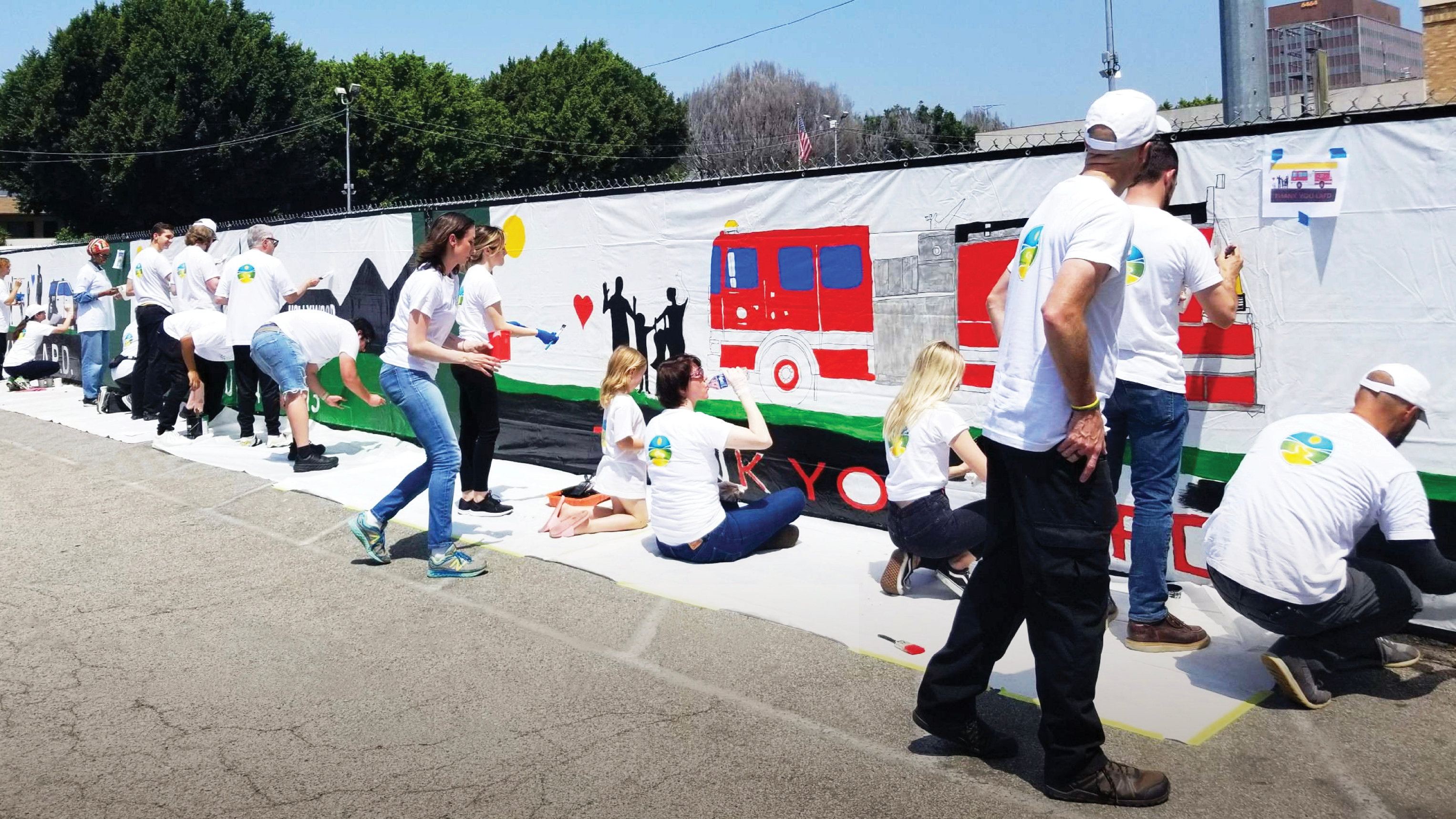The amnesia was cultural. The Black race was systematically being deprived of its memory—its history excluded from textbooks, the contributions of its great men and women eradicated and forgotten.
Working from early in the morning to late at night from his second-floor home office in Washington, DC, he single-handedly created an organized movement to document Black history, furiously writing and dictating dozens of books, bulletins, journals, letters, speeches, articles and essays promoting Black people and their place in American history. His home became a clearinghouse of intellectual Black thought and a vault containing the achievements of Black individuals across the centuries.
And in February of 1926, he established the first celebration of Black history. Initially called “Negro History Week,” it coincided with the birthdays of Abraham Lincoln and Frederick Douglass.
“No man can know where he is going unless he knows exactly where he has been.”
That week has since grown to a month, and this month is the 100th observance of what was conceived in Woodson’s three-bedroom house.
“If a race has no history,” Woodson wrote, “it has no worthwhile tradition, it becomes a negligible factor in the thought of the world, and it stands in danger of being exterminated.”
Woodson had reason to sound the warning of that danger for, in his time, American education was viewed through an Anglo filter, permitting no other voice or heritage. Aside from a paragraph on George Washington Carver or a sentence on Booker T. Washington, Blacks simply did not exist in Woodson’s America, save as Pullman Car porters, shoeshiners or domestic help. Further, the falsehood of the so-called “Lost Cause” had spread from the South and into the educational systems of the North—the reassuring (to whites) canard that the Civil War was not about slavery but about northern aggression, and that the enslaved Black was treated well and was, in truth, better off in bondage than free.

Greeted at first with a lukewarm reception from educators and lawmakers, Negro History Week, with the support of Black churches and segregated Black schools, gained momentum. Over the years, mayor after mayor endorsed it. The 1933 publication of Woodson’s The Mis-Education of the Negro—a book that eloquently advocated for the education of Black children and the correction of history curriculums based on white supremacy—added impetus and urgency to the movement, culminating in the first month-long commemoration of Black history at Kent State University in 1970, followed by its first official recognition by President Gerald Ford six years later.
Thanks to Woodson and those who carried on his legacy, today, nearly 100 American colleges and universities now include Black studies departments, programs and courses. Black trailblazers and heroes like Phillis Wheatley (an 18th-century slave who was the first published Black poet), Maria P. Williams (the first Black female film producer who paved the way for Oprah, Shonda Rimes and others), Jane Bolin (the first Black female judge), and Frederick McKinley Jones (who rose from janitor to self-educated electronics wizard and developed the process of vehicular refrigeration which made possible the transportation of lifesaving supplies like blood and medicine) have finally gotten their due, along with icons like Dr. King, Louis Armstrong and Jackie Robinson.
One of those icons, American poet, actress, singer, dancer and civil rights activist Maya Angelou, wrote: “No man can know where he is going unless he knows exactly where he has been and exactly how he arrived at his present place.”
As one emerges from amnesia, the first questions are: “Who am I?” and “What happened?”
Black History Month is a constant reminder that those questions must be answered—for a community denied its memory is a community deprived of its rudder.
That unwritten right from our nation’s bedrock Bill of Rights cannot be violated without dire consequences to both the violator and his target.
That right? The right to know.






















